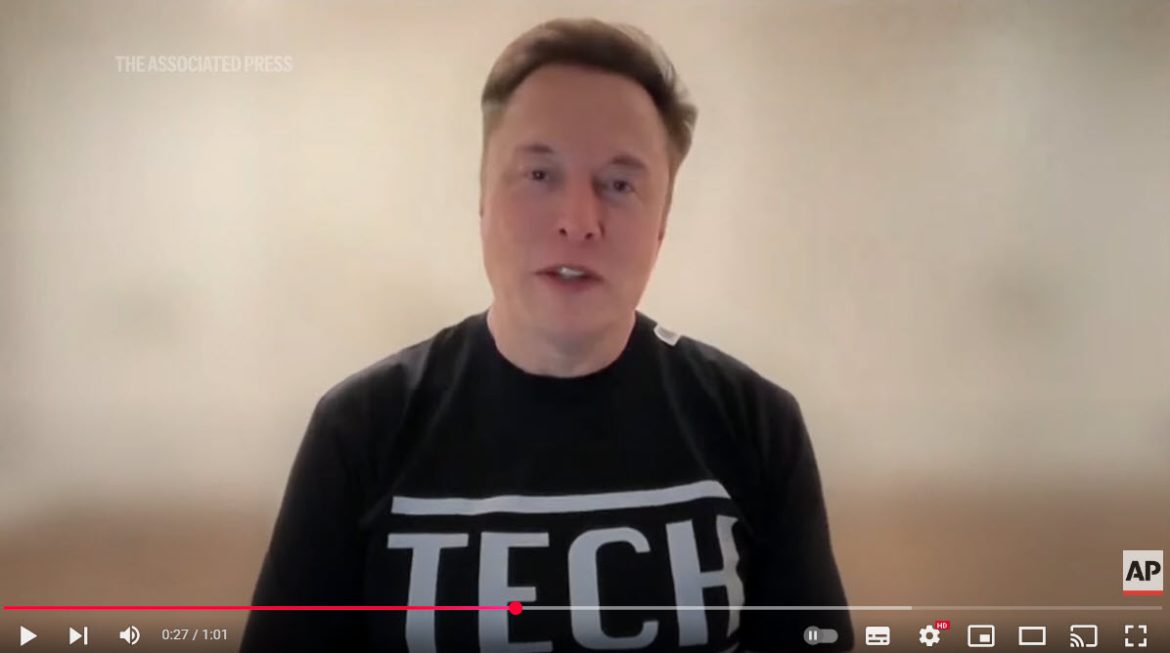In a bold move to reshape the federal government, Elon Musk, leading the Department of Government Efficiency (DOGE) under President Donald Trump, calls for the complete elimination of certain federal agencies. Speaking at the World Governments Summit in Dubai, Musk emphasizes the need to “delete entire agencies” to reduce bureaucracy and cut federal spending.
Musk likens the process to removing the “roots of the weed” to prevent the resurgence of inefficient agencies. He questions the necessity of numerous federal entities, specifically targeting the United States Agency for International Development (USAID) and the Consumer Financial Protection Bureau (CFPB). Musk has already initiated actions to dismantle USAID, an agency that provides aid to developing countries, and the CFPB, which protects consumers from unethical financial practices.
These proposals are part of a broader strategy by the Trump administration to radically overhaul the federal government. The administration has begun implementing mass layoffs across various federal agencies, including the Department of Education, the Small Business Administration, and the General Services Administration. Employees from these agencies have received termination notices as part of the effort to reduce the federal workforce.
Critics argue that such drastic measures could lead to the loss of essential services and negatively impact public welfare. Federal unions have filed lawsuits against the mass terminations, claiming they violate due process and fairness principles. Despite the pushback, Musk and the administration remain steadfast in their commitment to restructuring the government.
Musk’s approach draws parallels to his restructuring efforts at Twitter, now rebranded as X, where he significantly reduced staff while aiming to enhance the platform’s capabilities. He supports President Trump’s “Fork in the Road” plan, which offers federal employees the option to retire, work until September, or pursue other opportunities. Approximately 75,000 employees have accepted this offer, though this number falls short of the administration’s target.
As the administration proceeds with these initiatives, the future of several federal agencies remains uncertain. The impact of these changes on government operations and public services will be closely monitored in the coming months.
Sources:



